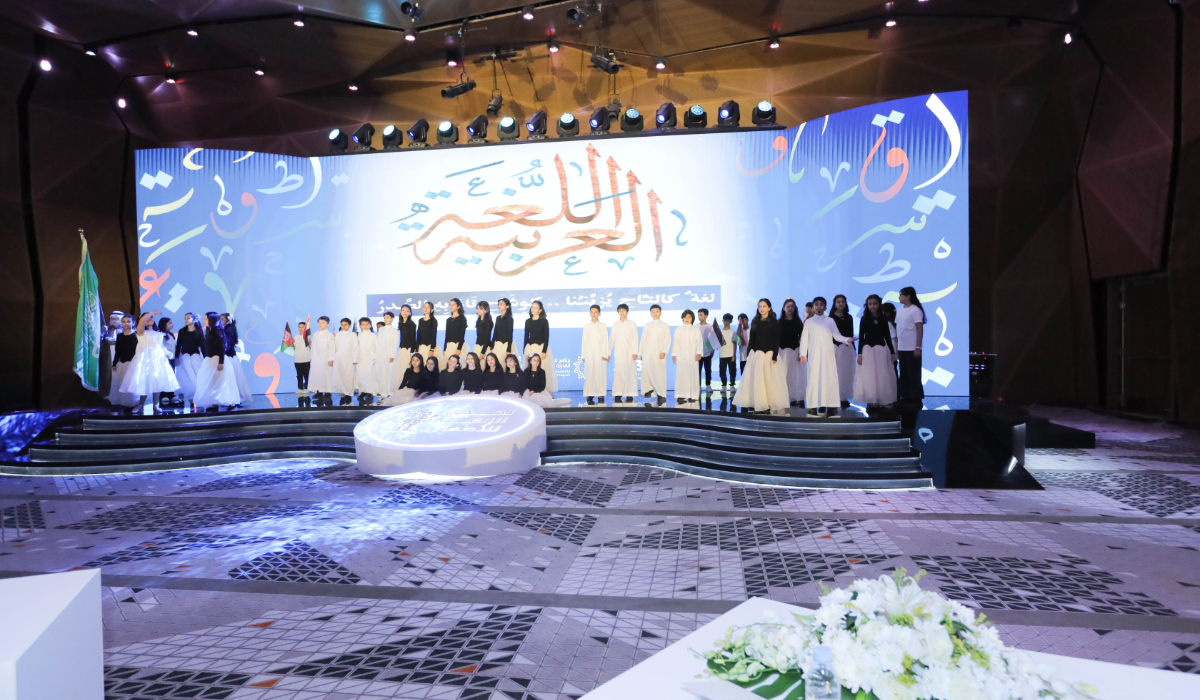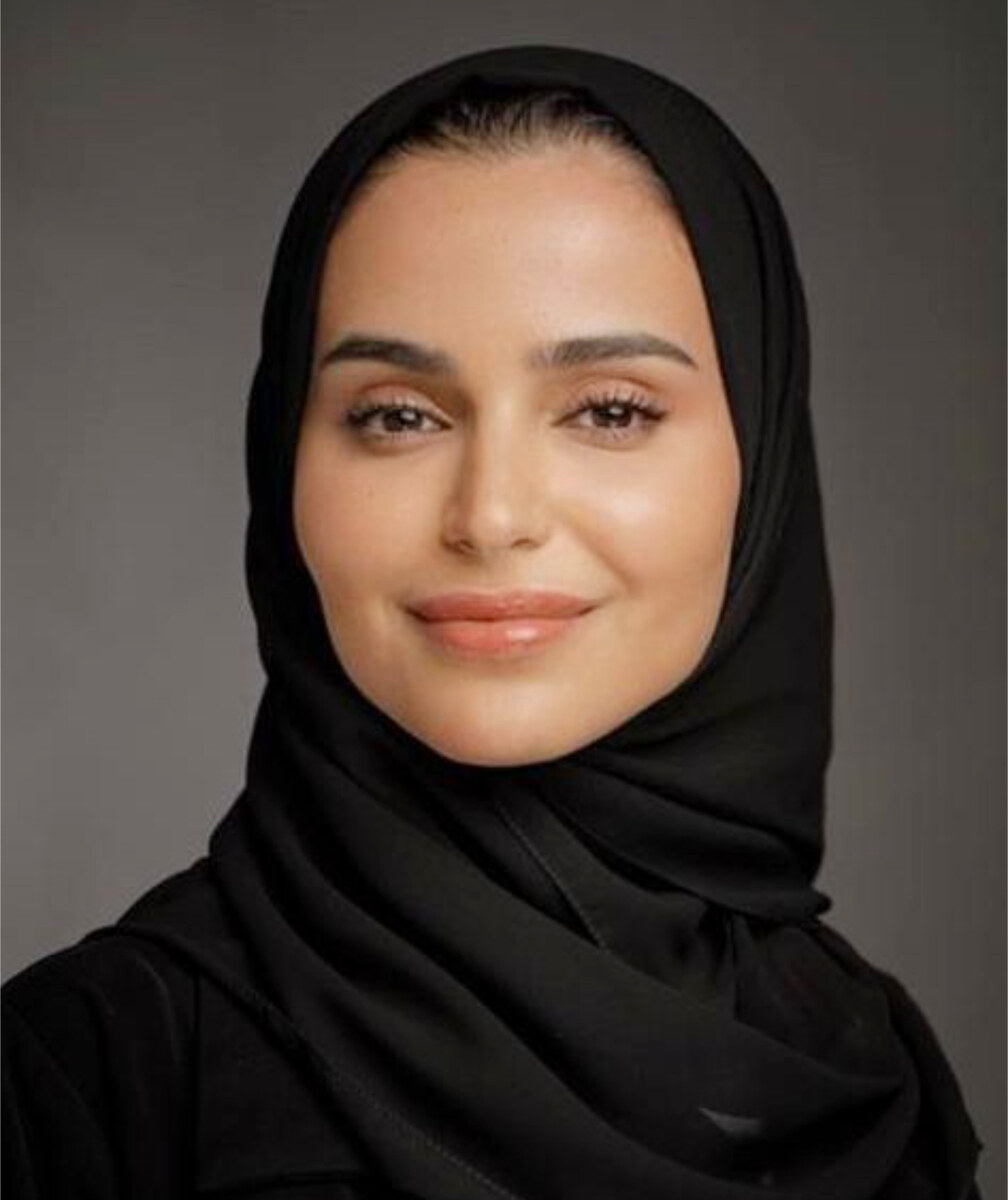Without proper cybersecurity protections, AI is a gamble we cannot afford

https://arab.news/8tdbs
The artificial intelligence debate is raging, and skepticism is high. But AI is here to stay. While some headlines criticize tech giants for AI-driven social media or questionable consumer tools, AI itself is becoming indispensable. Its efficiency is unmatched, promising gains no business or government can ignore.
Very soon, AI will be as integral to our lives as electricity — powering our cars, shaping our healthcare, securing our banks, and keeping the lights on. The big question is, are we ready for what comes next?
The public conversation around AI has largely focused on ethics, misinformation, and the future of work. But one vital issue is flying under the radar: the security of AI itself.
With AI embedded in nearly every part of society, we’re creating massive, interconnected systems with the power to shape — or, in the wrong hands, shatter — our daily lives. Are we prepared for the risks?
As we give AI more control over tasks — from diagnosing diseases to managing physical access to sensitive locations — the fallout from a cyberattack grows exponentially. Disturbingly, some AIs are as fragile as they are powerful.
There are two primary ways to attack AI systems. The first is to steal data, compromising everything from personal health records to sensitive corporate secrets. Hackers can trick models into spitting out secure information, whether by exploiting medical databases or by fooling chatbots into bypassing their own safety nets.
The second is to sabotage the models themselves, skewing results in dangerous ways. An AI-powered car tricked into misreading a stop sign as 70 mph illustrates just how real the threat can be. And as AI expands, the list of possible attacks will only grow.
Yet abandoning AI due to these risks would be the biggest mistake of all. Sacrificing competitiveness for security would leave organizations dependent on third parties, lacking experience and control over a technology that is rapidly becoming essential.
So, how do we reap AI’s benefits without gambling on its risks? Here are three critical steps:
Choose AI wisely. Not all AI is equally vulnerable to attacks. Large language models, for example, are highly susceptible because they rely on vast datasets and statistical methods. But other types of AI, such as symbolic or hybrid models, are less data-intensive and operate on explicit rules, making them harder to crack.
Deploy proven defenses. Tools like digital watermarking, cryptography, and customized training can fortify AI models against emerging threats.
Level-up organizational cybersecurity. AI doesn’t operate in isolation — it’s part of a larger information ecosystem. Traditional cybersecurity measures must be strengthened and tailored for the AI era. This starts with training employees; human error, after all, remains the Achilles’ heel of any cybersecurity system.
Some might think the battle over AI is just another chapter in the ongoing clash between bad actors and unwitting victims. But this time, the stakes are higher than ever. If AI’s security isn’t prioritized, we risk ceding control to those who would use its power for harm.
-
Patrice Caine is the chairman and CEO Thales Group




























